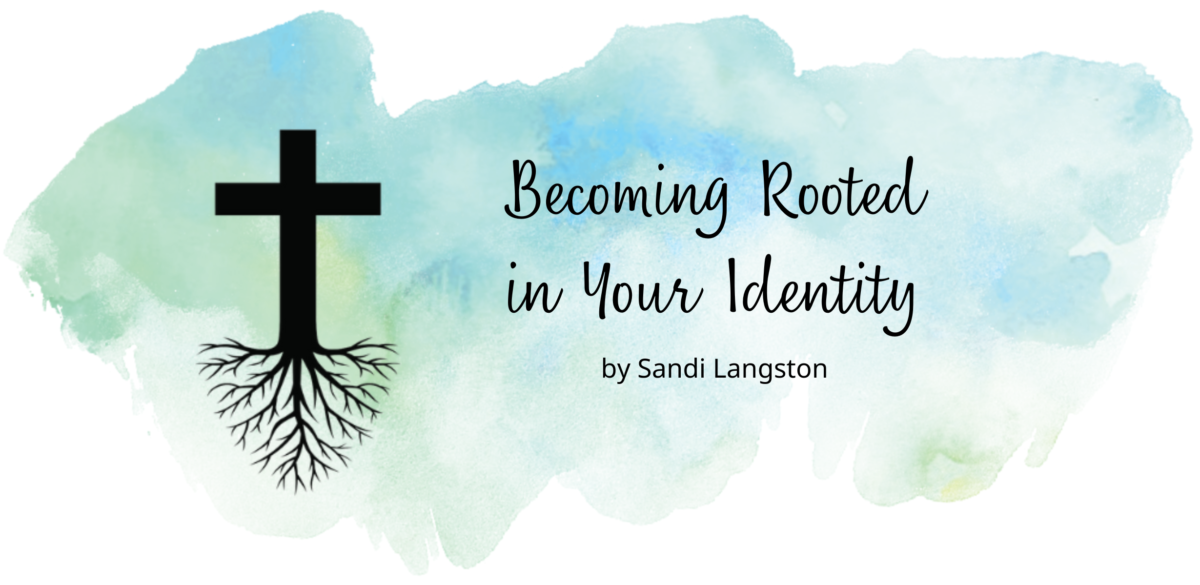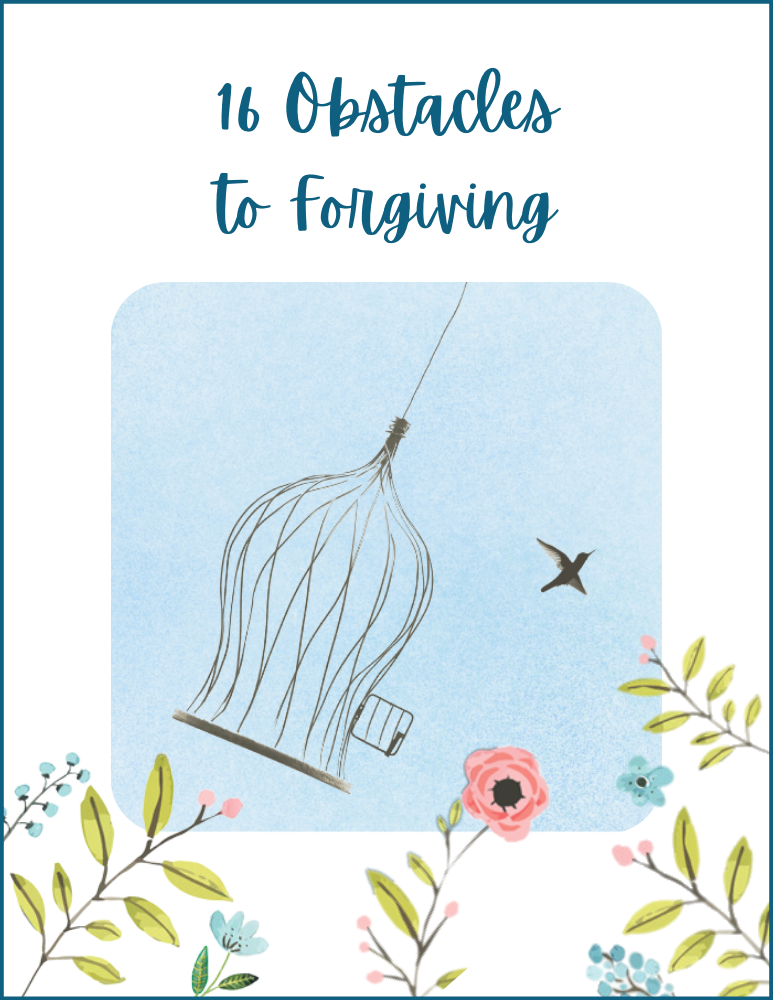Immanuel. God with us. This is what the prophet Isaiah foretold hundreds of years before the birth of Christ. I wonder how much Isaiah understood of God’s plans at the time.
The incarnation is a miracle. It means that God Himself became human. Jesus Christ was born as a human baby – with skin and bones, muscles and veins, and a human brain that would grow and learn as He grew. Why is this so important to Christians? When we strip away the consumerism that has surrounded Christmas – the Incarnation is what Christmas is all about. But why is it so important?
There are several reasons, some of which are:
- Christ came as a man so that He could redeem humankind: only a man could pay the penalty of sin on behalf of the rest of humanity.
- It shows us that God is involved in humanity. He is not distant.
- Our bodies are good. They are not somehow second to our spirituality.
This article only looks at the latter reason and some of its implications.
The Almighty God who created the world and all that is in it, including humans, decided to become human. It is a mystery and I don’t pretend to understand exactly how that works. There have been conferences over the past 2000 years to try and explain the mystery of God’s divinity and humanity.
In becoming human Himself, God affirms the goodness of His creation. In some circles, even before Jesus’s birth, there is a belief that anything physical is secondary to anything spiritual (read up about Gnosticism) or that the physical and spiritual worlds are distinct with no effect on each other. This separation usually leads to one of two extremes: asceticism or hedonism.
Ascetics discipline the body harshly. They forgo physical pleasures to pursue a “higher” spiritual goal. They often practice fasting to extremes and punishment, sometimes even whipping the body into submission. Think of some of the desert monks who retreated into isolation to purify themselves from the world and its temptations. The basic idea of asceticism at its extreme is that the body is a hindrance to spiritual growth.
Hedonism is more recognisable in our culture. It is the pursuit of physical pleasures and the gratification of desires. One could say it is the pursuit of happiness as the highest goal. But hedonism is also an extreme. Behind hedonism is the idea that what we do with our bodies has no impact on our spirituality. We live wildly and freely without considering any implications.
We see this separation of spiritual matters and physical (or “secular”) matters very clearly in our culture. Spirituality is narrowed down to what we do on a Sunday morning, to Easter and Christmas, and to our personal and private beliefs in God and practices of prayer. Meanwhile, work and recreation, household chores and errands are relegated to the secular realm, meaning there is nothing spiritual about them. Western culture has adopted the Greek mindset of compartmentalizing, rather than the Hebrew holistic approach.
The Incarnation corrects the two extremes of asceticism and hedonism. It unites the “spiritual” and the “secular” and it brings a balance. The incarnations affirms that our bodies are good. They are not a hindrance to spirituality, but an essential part of it. If God Himself was willing to become human, our physical bodies can’t be considered evil or less than our spirituality. Our physical bodies and our spirituality are equally important and they affect each other. The Incarnation helps us to understand that what we do with our bodies impacts our spirituality; likewise our spirituality affects our bodies.
So, what is a healthier alternative to asceticism and hedonism? First, we must recognise the error of separating spirituality and physicality. A way forward must keep these realms united. When we understand that gardening and vacuuming are also spiritual, everything can become worship. What matters most is our attitude. Are we doing our best, as if we were vacuuming God’s living room, or are we muttering resentfully while despising the task at hand? The same goes for our work: are we doing our best with integrity, or do we slack off when no one is watching?
The Incarnation calls us to a healthy discipline of our bodies, but not to an extreme. We can’t just do anything with our bodies. We learn later in the New Testament (with Christ’s resurrection) that we are merely stewards of our bodies: If we are Christians, it is God who owns our bodies because He bought us with the blood of Christ. We are looking after our bodies on behalf of God. This is where morality enters the conversation. Some things are simply out of bounds because we are Christians: adultery, idolatry, blaspheming. Many more things are not immoral, but we are to use moderation: eating (what we eat and how much), exercise, consuming alcohol, how we spend our time. We are to live disciplined lives, but not overly disciplined.
The ascetics erred in their belief that they could obtain holiness through something that they did (or didn’t do). In the end they got the credit. As Christians, we have an understanding that we cannot make ourselves holy, but that God makes us holy (literally: “sets us apart”). Our job is to be obedient and to keep seeking God and His kingdom.
Hedonists gratify the desires and appetites of the body without discipline. Anything becomes tolerable as long as it does not hurt another person. (Sound like our culture?) Paul writes of needing to discipline our bodies (1 Corinthians 9:24-27). The athlete trains for races through disciplined practice. Our muscles are strengthened through use. We are to be spiritual athletes, fit and able to keep running the race (Acts 20:24; Hebrews 12:1-2). Elisabeth Elliot puts it well:
“We cannot give our hearts to God and keep our bodies for ourselves.”
The Incarnation teaches us that happiness and satisfaction of our desires are not the highest goals in life. When Jesus was incarnated, He willingly took on the limitations of a human body. Throughout His life on earth, He showed us that it is better to serve than be served, and that suffering is to be expected and not avoided. He taught us to deny ourselves and to take up our cross (Matthew 16:24-26). And then He did just that, dying on the cross for our sake.
So if our culture has it wrong and happiness and self-gratification are not the highest goals in life, what is? Matthew puts it this way: “Seek first (above all else) the Kingdom of God and His righteousness” (Matthew 6:33). Jesus simply says, “follow Me” (Matthew 16:24). It is not about us. It is about God. But God, in His magnificence, invites us into His story. The Westminster Catechism declares that “the chief end of man… is to glorify God and enjoy Him forever.” God gets the glory, and we get a pretty awesome deal in place of the death we deserve (understatement of the year).
Let’s think back to that first Christmas. The world did not recognise Jesus Christ as the Son of God. He was born in a stable because there was no room in any inn. We were not very hospitable towards Him. But that is often the way of God. He comes in ways we do not recognise – perhaps the stranger at your door. What will our response be?
I pray He will open your eyes to recognise Him, and that your heart will be open to what He is doing in you and around you in the lives of other people. I pray you will acknowledge every moment as an opportunity for worship, even in the mundane. I pray you will live a disciplined life that brings glory to God. I pray that you will recognise that Christ is still near to you in the presence of the Holy Spirit. I pray that as you reflect on the Incarnation, you will be drawn closer to God. He came close to us in the form of a baby; now it is us who must choose to draw close to Him.




